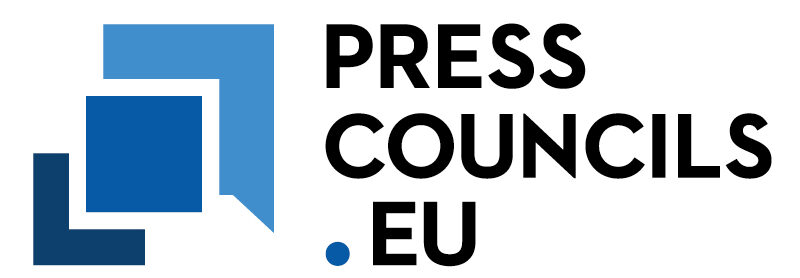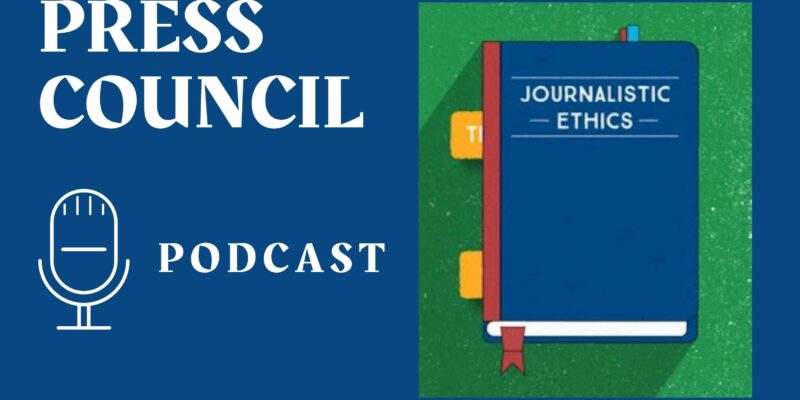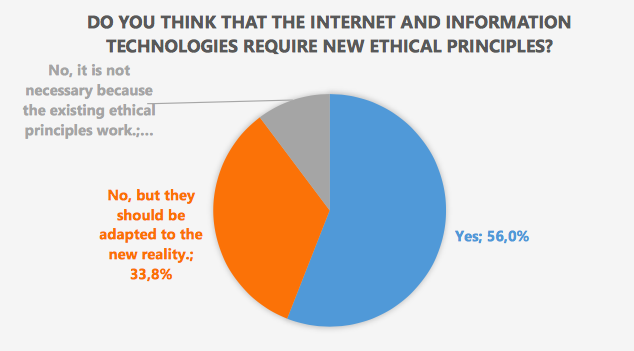The digital revolution is largely impacting the way journalists and media are producing and sharing news content. In this changing media landscape, self-regulatory bodies, which were created before the digital revolution for most of them, must adapt to the involving environment.
This project aims at highlighting the important role of press and media councils in times of decreasing trust towards journalists and media outlets combined with increasing disinformation on new media. It will look at the digital challenges through 4 main components: academic work to provide data and analysis regarding existing press councils, awareness campaign to promote media self-regulation, visibility and exchanges of media councils’ works on the international scene and strengthening of existing organisations or support to future organisations.
The overall objective of this project is to ensure that press and media councils play a significant role in Europe in addressing the new challenges of the digital age.
This project aims to support the European model of media self-regulation as a major part of a strategy to protect media freedom and encourage professionalism in journalistic content, while gaining a better understanding of the consequences and challenges of digital developments for press and media councils.
1 – Inform the international community on the detailed functioning and role of press and media councils in Europe, in the digital age, through surveys and the creation of an online platform to share results and best practices;
2- Improve the recognition of press and media councils’ role and media self-regulation benefits in general, in particular in light of the importance to ensure compliance to journalistic ethics in print, broadcast and online media and ensure trust in professional journalism at the time of disinformation;
3- Provide access and direct contact to European press and media councils for targeted demands of support from external actors wishing to learn from press and media councils, their added-value and their functioning, but also demands of supports for the creation of new media councils, with the possibility to provide direct financial support where needed;
4- Contribute with relevant expertise to the global dialogue on ethical and professional journalistic standards in the digital age (including matters related to social media, artificial intelligence and news automation in journalism).












